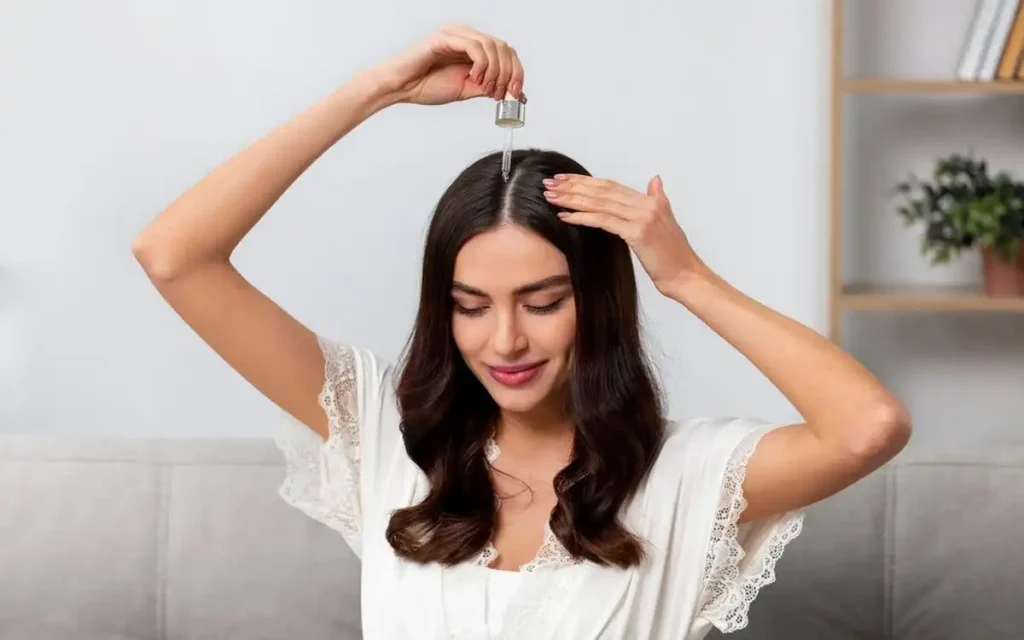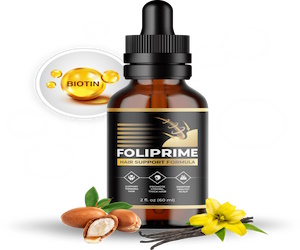A lot of people, of all ages and genders, worry about losing their hair. Seeing hair clog the drain can be upsetting, whether it’s because of worry, changes in hormones, a bad diet, or genetics. There are medical solutions like minoxidil and hair transplants, but many people would rather start with natural, less invasive options. Home remedies can work fairly well if you use them regularly and in a way that fits your hair’s needs.
Understanding The Causes Of Hair Loss
Before you start treatments, you should know why you’re losing your hair. This is most often caused by androgenetic alopecia, which is often caused by the hormone DHT (dihydrotestosterone), which makes hair follicles smaller. Some other reasons are:
- Hormonal imbalances, like those caused by thyroid problems or changes after giving birth
- Not getting enough of certain nutrients, like iron, protein, and vitamins like B12 and D
- When hair cells are stressed, they go into a sleeping phase.
- Hair problems or diseases on the scalp, like dandruff, eczema, or fungal growth
Finding the problem’s root cause can help you choose the best solution and keep the problem from getting worse.
Key Ingredients For Home Hair Loss Treatments
Many things in nature are good for the head and help hair grow in a better way.
- Aloe Vera: calms an itchy head and makes hair smooth.
- Coconut oil: Packed with fatty acids that help stop protein loss by penetrating the hair shaft.
- Onion Juice: Sulfur is present in onion juice, which enhances collagen production and blood circulation.
- Castor oil: It helps hair grow and gets rid of dandruff because it is high in ricinoleic acid.
- Rosemary Essential Oil: Clinical trials have shown that it is equally effective as minoxidil in promoting growth.
- Fenugreek Seeds: Rich in proteins and nicotinic acid, which fortify hair from the inside out.
- Green Tea: Catechins are present in green tea, which function to protect hair follicles and inhibit DHT.
Top 5 Effective Homemade Hair Loss Treatments
1. Onion Juice Scalp Tonic
Why it works: There is a lot of sulfur in onion juice, which helps the body make collagen and send blood to the hair follicles.
How To Make:
- Blend one onion, then strain the juice.
- Use a cotton ball to apply it straight to the head.
- Do not wash your hair for 30 minutes. Instead, use a gentle shampoo on it.
Tips: Use twice a week. If you think it smells too strong, you can add some drops of lavender oil.
2. Aloe Vera And Coconut Oil Hair Mask
Why it works: Aloe vera soothes irritated skin, and coconut oil heals and deeply moisturizes hair.
How To Make:
- Put together 2 tablespoons of aloe vera juice and 1 tablespoon of coconut oil that has not been sealed.
- Warm it up a bit and spread from the root to the tip.
- Rinse after 45 minutes of leaving it on.
Frequency: Use Once Or Twice Weekly For Best Results.
3. Fenugreek Seed Paste Treatment
Why it works: Fenugreek has a lot of proteins and lecithin, which keep the head moist and roots strong.
How To Make:
- Set aside 2 tablespoons of fenugreek seeds to soak overnight.
- The next morning, grind into a paste.
- Put it on your head and wait 30 to 40 minutes.
Rinse: Use Lukewarm Water; No Shampoo Needed Afterwards.
4. Green Tea Scalp Rinse
Why it works: Antioxidants in green tea help hair grow and stop DHT from working.
How To Make:
- Boil two tea bags in water, then let them cool.
- After you wash your hair, pour the tea over it.
- After 10 minutes, rinse off the massage oil.
Use: Two To Three Times Per Week.
5. Castor And Rosemary Oil Massage Blend
How it works: Castor oil helps hair grow back, and rosemary essential oil improves circulation and keeps hormones in balance.
How To Make:
- 2 tablespoons of castor oil and 5 drops of rosemary oil should be mixed.
- Warm it up a bit and rub it into your head for 5 to 10 minutes.
- Leave it on overnight, and in the morning, wash it off.
Routine: Do This Massage 2–3 Times Weekly.
Tips For Maximizing The Effectiveness Of Home Remedies
How you take care of your hair naturally is very important. These methods won’t work right away, but if you use them regularly, they can create a big distinction in the health of your skin and hair.
- Regularly massaging the head will help the blood flow.
- Do not use strong shampoos or style tools that use heat.
- To keep your hair from breaking, dry it with a cotton towel or let it air dry.
- A healthy diet with lots of zinc, iron, protein, and omega-3s is important.
When To See A Professional
If natural methods haven’t helped much or at all for a few months, you might want to see a physician or trichologist. Sudden or uneven hair loss, scaly patches, or pain on the head are all signs of deeper health problems that need to be treated by a doctor. Home solutions can sometimes work best when used with medical treatments such as minoxidil or PRP therapy.
Conclusion
It can be annoying to lose hair, but home treatments are a gentle and cheap way to get healthy hair. It’s easy to find ingredients like aloe vera, onion juice, and rosemary oil that are also full of nutrients that help hair grow back. The key is to be consistent, patient, and healthy in general. A healthy body leads to a healthy head, so take care of it from the inside out.

Gas S. is a health writer who covers metabolic health, longevity science, and functional physiology. He breaks down research into clear, usable takeaways for long-term health and recovery. His work focuses on how the body works, progress tracking, and changes you can stick with. Every article is reviewed independently for accuracy and readability.
- Medical Disclaimer: This content is for education only. It doesn’t diagnose, treat, or replace medical care from a licensed professional. Read our full Medical Disclaimer here.



